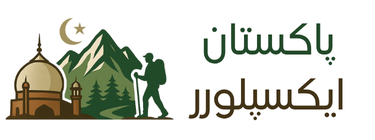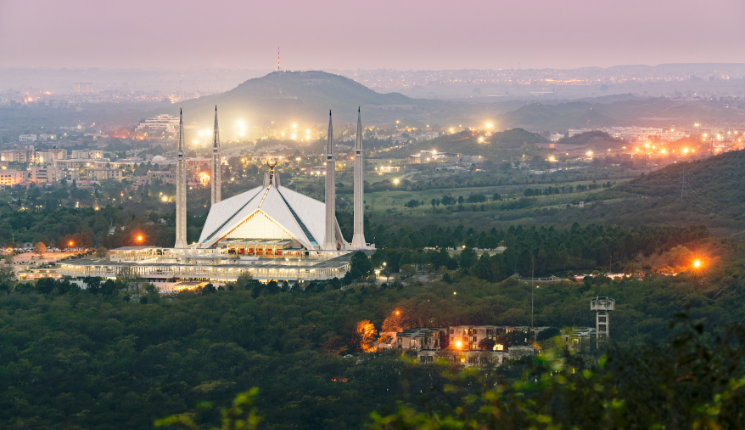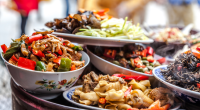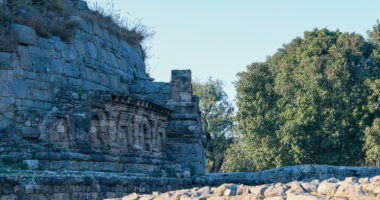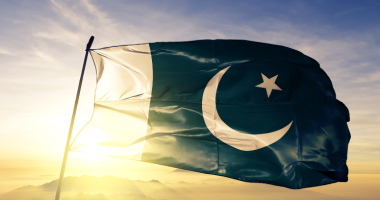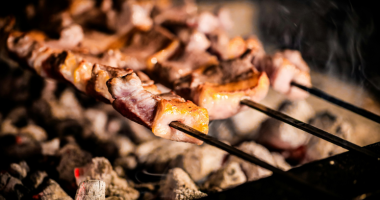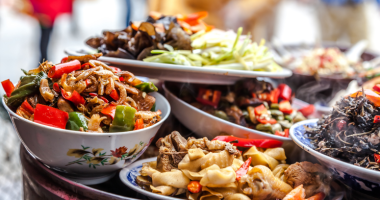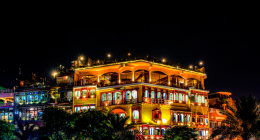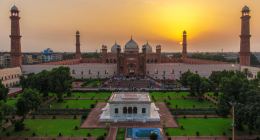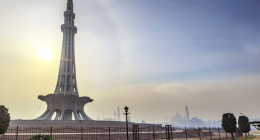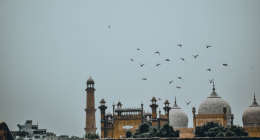Welcome to your ultimate Pakistan Travel Guide! Whether you’re visiting for the first time or coming back for more, understanding the local food and culture norms will make your trip smoother and way more enjoyable. Pakistan’s rich traditions and mouthwatering cuisine are deeply connected, so this guide focuses on what you need to know about both. Ready to dive in?
Dive Into Pakistani Cuisine First
Food is a huge part of any visit to Pakistan, and honestly, it’s one of the best reasons to go! Pakistani cuisine is known for its bold spices, rich aromas, and generous servings. People here love sharing meals, and eating together is a big tradition.
Top Dishes You Shouldn’t Miss on Your Trip

You absolutely have to try Biryani—a fragrant, spicy rice dish with layers of tender meat and fresh herbs. Every region adds its own twist, so whether you visit Karachi or Peshawar, the flavors stand out.
Next, enjoy Nihari, a slow-cooked stew served mostly for breakfast. It’s rich and flavorful, and goes perfectly with warm bread like naan or roti. If you love street food, try Chapli Kebabs from Peshawar—these spicy meat patties burst with flavor.
Other favorites include Haleem, a hearty wheat and meat porridge, plus fried snacks like samosas and pakoras—ideal with a cup of chai (tea). Also, fresh seasonal fruits make great desserts or snacks.
Dining Etiquette You Should Know
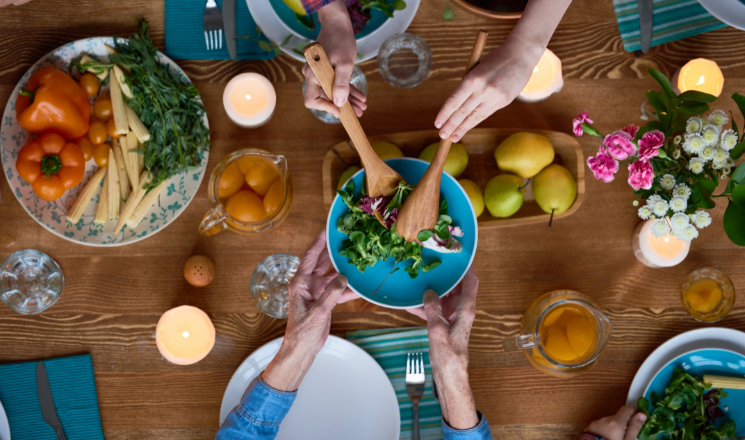
No trip to Pakistan feels complete without understanding dining etiquette, which often differs from what you’re used to. Knowing these customs will help you blend in and enjoy meals like a local.
Important Table Manners to Follow on Your Pakistan Travel Guide Trip
Most Pakistani homes expect guests to remove their shoes before entering. Meals are often eaten sitting on the floor, especially in traditional households. If you’re dining at a restaurant, tables and chairs are common, but the etiquette remains similar.
Crucially, always eat with your right hand. Using the left hand for eating is considered impolite in many Pakistani communities. Also, wait until the host begins before you start eating. Hospitality here is all about respect and generosity.
Understanding Pakistani Hospitality
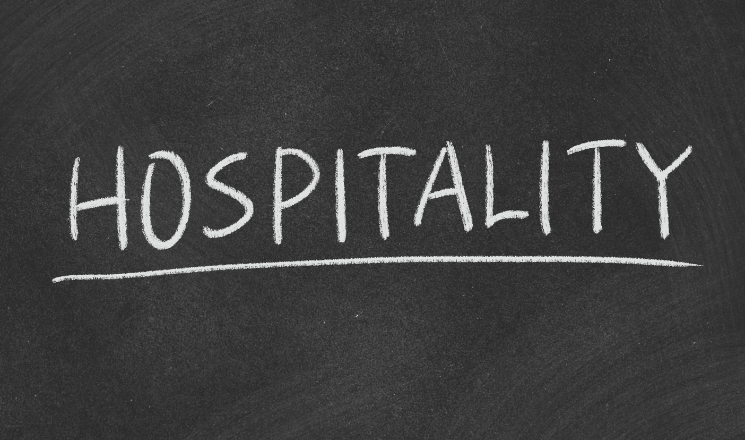
If you want to learn the heart of Pakistan, the Pakistan Travel Guide insists you experience its famous hospitality — mehmaan nawazi. Hospitality here isn’t just a custom, it’s a way of life.
How to Handle Pakistani Hospitality According to This Travel Guide
When visiting a Pakistani home, bringing a small gift or sweets is a nice gesture. Hosts will likely insist on feeding you more than you expect, so be ready to enjoy multiple servings. Complimenting the food and home will make your hosts feel appreciated.
Cultural Norms and Traditions

Pakistan’s rich cultural tapestry combines diverse traditions shaped by religion and regional customs. Therefore, to have a smooth trip, it’s important that you observe and respect these cultural norms.
Dress Modestly and Respectfully
People value modest clothing, especially in rural areas and at religious sites. Both men and women should cover their shoulders and legs. When you visit places like Badshahi Mosque or Faisal Mosque, women should cover their heads, and everyone usually takes off their shoes before entering.
Cultural Norms and Religious Practices to Respect in Your Pakistan Travel Guide
Pakistan’s culture is deeply influenced by Islam, which shapes daily life and social customs. This Pakistan Travel Guide encourages travelers to be mindful and respectful of these traditions.
Dressing and Behavior Tips in Your Pakistan Travel Guide
Modest clothing is expected, especially when visiting religious sites like Badshahi Mosque or Faisal Mosque. Women should cover their heads with a scarf, and everyone should cover shoulders and legs.
During prayer times, shops might close briefly, and you’ll hear the adhan (call to prayer) five times a day—an important rhythm to daily life here.
Regional Culture and Food Differences in Your Pakistan Travel Guide
Pakistan is diverse! From the mountainous north to the coastal south, every region has unique food, language, and traditions. This part of your Pakistan Travel Guide helps you understand these fascinating differences.
North vs. South: Cultural Highlights in Your Pakistan Travel Guide
In the north (like Hunza or Skardu), you’ll find milder food and a calmer pace of life, with a strong influence from local mountain cultures.
Down south, cities like Karachi are lively and cosmopolitan, with spicier food and a faster lifestyle.
Language and Communication Tips
While Urdu is the national language, many Pakistanis speak English, especially in urban centers. Still, learning a few Urdu phrases can open doors and hearts.
- Assalamu Alaikum – Peace be upon you (common greeting)
- Shukriya – Thank you
- Kya haal hai? – How are you?
- Maaf kijiyega – Excuse me / Sorry
Locals always appreciate when visitors try their language, no matter how small the effort.
Mobile Apps to Make Travel Easier

Your Pakistan Travel Guide isn’t complete without some tech tips! These apps will help you navigate and explore more comfortably:
- Careem – Local ride-hailing service
- Foodpanda – Food delivery from local favorites
- Google Translate – Helpful for Urdu translation
- Maps.me – Offline maps for remote areas
Famous Places to Experience Culture
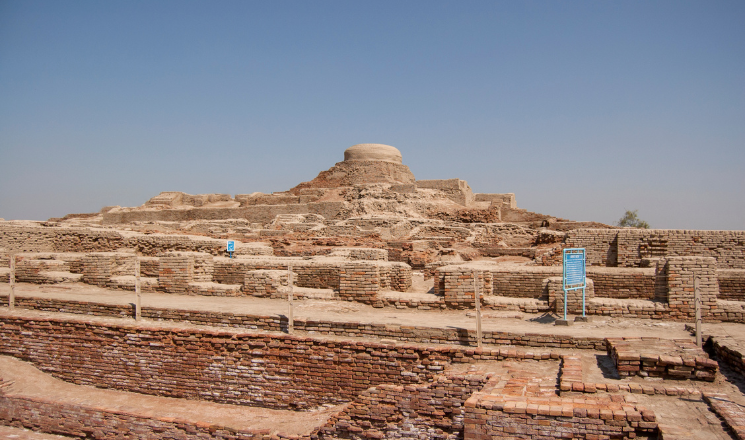
To truly embrace Pakistan, the Pakistan Travel Guide recommends visiting cultural landmarks that reveal the country’s rich history and traditions:
- Lahore Fort and Shahi Qila – Stunning Mughal architecture
- Lok Virsa Museum (Islamabad) – Pakistan’s folk culture and arts
- Mohenjo-Daro – Ancient Indus Valley Civilization ruins
- Anarkali Bazaar – One of the oldest markets, perfect for shopping and tasting street food
Final Thoughts on the Pakistan Travel Guide
Traveling through Pakistan is an unforgettable adventure full of rich culture, generous people, and incredible food. By following this Pakistan Travel Guide—respecting food traditions, cultural norms, and social etiquette—you’ll enjoy a more authentic and rewarding experience. So pack your bags, learn a few phrases, and get ready to explore one of South Asia’s most fascinating countries.
Khuda Hafiz! (Goodbye and may God protect you)
